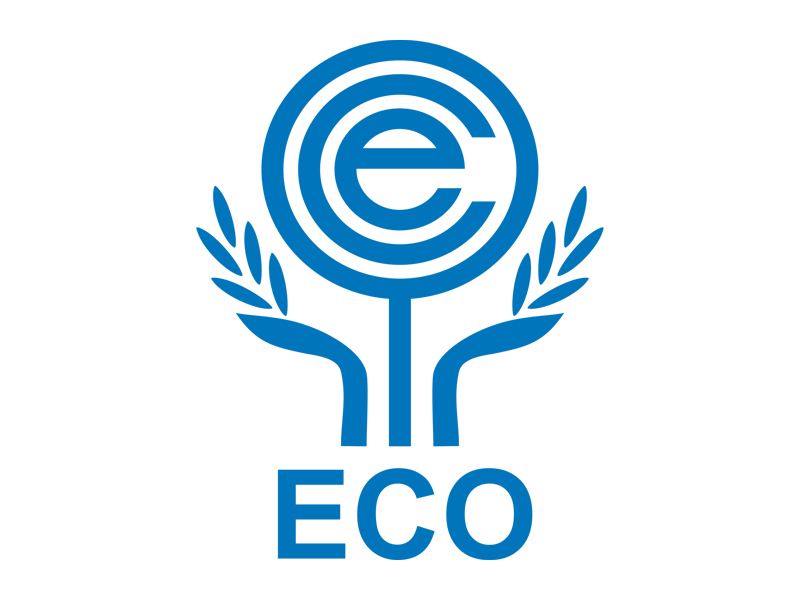BAKU, Azerbaijan, July 1. The 17th Summit of the Economic Cooperation Organization (ECO) will be held in Khankendi on July 3-4, 2025. The central focus of the summit will be on forming a common approach among member states toward ensuring a sustainable and climate-resilient future for the region. Alongside this broad strategic agenda, the summit will also focus on practical areas of cooperation - developing transport and energy connectivity, expanding trade flows, and strengthening Central Asia’s role as a key link between East and West.
Central Asia remains one of ECO’s primary areas of focus. Kazakhstan and Uzbekistan, as the region’s largest economies, play a leading role in shaping the architecture of cooperation within the organization. These countries are central to initiatives in transport, industrial cooperation, energy, and food security.
ECO Secretary General Asad Majeed Khan emphasized in an interview with Trend that the organization places high priority on developing transport and communication infrastructure that supports both intra-regional links and access to global markets. He noted that this includes the creation of integrated transportation networks - road, rail, maritime, and air - as well as the digitalization of border procedures.
Kazakhstan, which holds the ECO chairmanship in 2025, has launched several projects focused on digitalization and export administration. The country is introducing electronic certification systems, including for agricultural products, aimed at facilitating exports via the Caspian and the Caucasus.
A notable example of industrial cooperation is the creation of the Central Asia International Center for Industrial Cooperation, a joint Kazakh-Uzbek initiative. The center is developing as a platform for industrial assembly, logistics, and engagement with third countries in the region.
Uzbekistan, in turn, is actively advancing the idea of a regional food platform within the ECO framework. This initiative aims to coordinate the supply of key agricultural products - such as wheat, cotton, and vegetables - and to create buffer reserves to reduce dependence on external suppliers and stabilize prices. Joint grain and fruit-vegetable clusters are already being implemented, along with processing projects.
According to the ECO Secretary General, a top priority for the organization remains the development of the East-West transport corridor, including the Trans-Asian Railway. He also highlighted the advancement of the Islamabad-Tehran-Istanbul (ITI) route, which is reducing delivery times and costs while expanding trade opportunities for member states.
Special attention is being given to the Middle Corridor, which runs through Kazakhstan, the Caspian Sea, and Azerbaijan toward Europe. ECO is supporting the harmonization of procedures and technical standards, digital integration of transport platforms, and the development of multimodal logistics hubs in cities such as Aktobe, Aktau, and Turkestan.
The region’s transit potential requires comprehensive solutions, particularly for landlocked countries. In this context, the Middle Corridor is seen not only as a transit route but also as a tool for industrial and infrastructure integration. Key projects include the construction of joint logistics parks on the Kazakhstan–Uzbekistan border with links to Azerbaijan’s Port of Alat.
ECO is also implementing a regional program for energy connectivity. Launched in 2024 with the support of the United Nations, the initiative aims to create a unified electricity trade space among Central Asian countries, with the prospect of integration into South Asian and Iranian energy markets.
Another major focus is the Green Energy Corridor, developed jointly by Kazakhstan, Uzbekistan, and Azerbaijan. In December 2024, the three countries signed an agreement to establish an alliance to coordinate the construction of infrastructure for exporting renewable energy from Central Asia to Europe, including plans for laying a subsea cable across the Caspian Sea. This initiative is of strategic importance, offering the region a path to integration into global clean energy value chains.
In addition, ECO coordinates member states’ participation in the development of climate-related mechanisms, including green finance tools and carbon neutrality programs, within the post-COP29 framework. Kazakhstan and Uzbekistan have already joined several initiatives aimed at the environmental transformation of their economies.
The decision to hold the 17th ECO Summit in Azerbaijan reflects the country’s growing significance in the region’s transport, energy, and environmental agenda. All key routes connecting Central Asia with Europe - such as the Middle Corridor - pass through Azerbaijani territory, as do export supply chains for agricultural goods, construction materials, and energy.
Moreover, Azerbaijan has emerged as a driving force behind climate discussions within ECO. Its presidency of COP29 has helped to elevate the dialogue on sustainable development and carbon neutrality. One anticipated outcome of these efforts is the possible creation of a regional climate resilience center, potentially to be based in Baku.
Hosting the summit in Khankendi adds symbolic weight to the formation of a new regional agenda, where Central Asia and Azerbaijan are becoming central elements of trans-Eurasian integration. The expansion of digital trade, the development of infrastructure and energy cooperation, and the strengthening of climate initiatives are turning ECO into a platform with real, practical relevance in a rapidly changing global economy.







